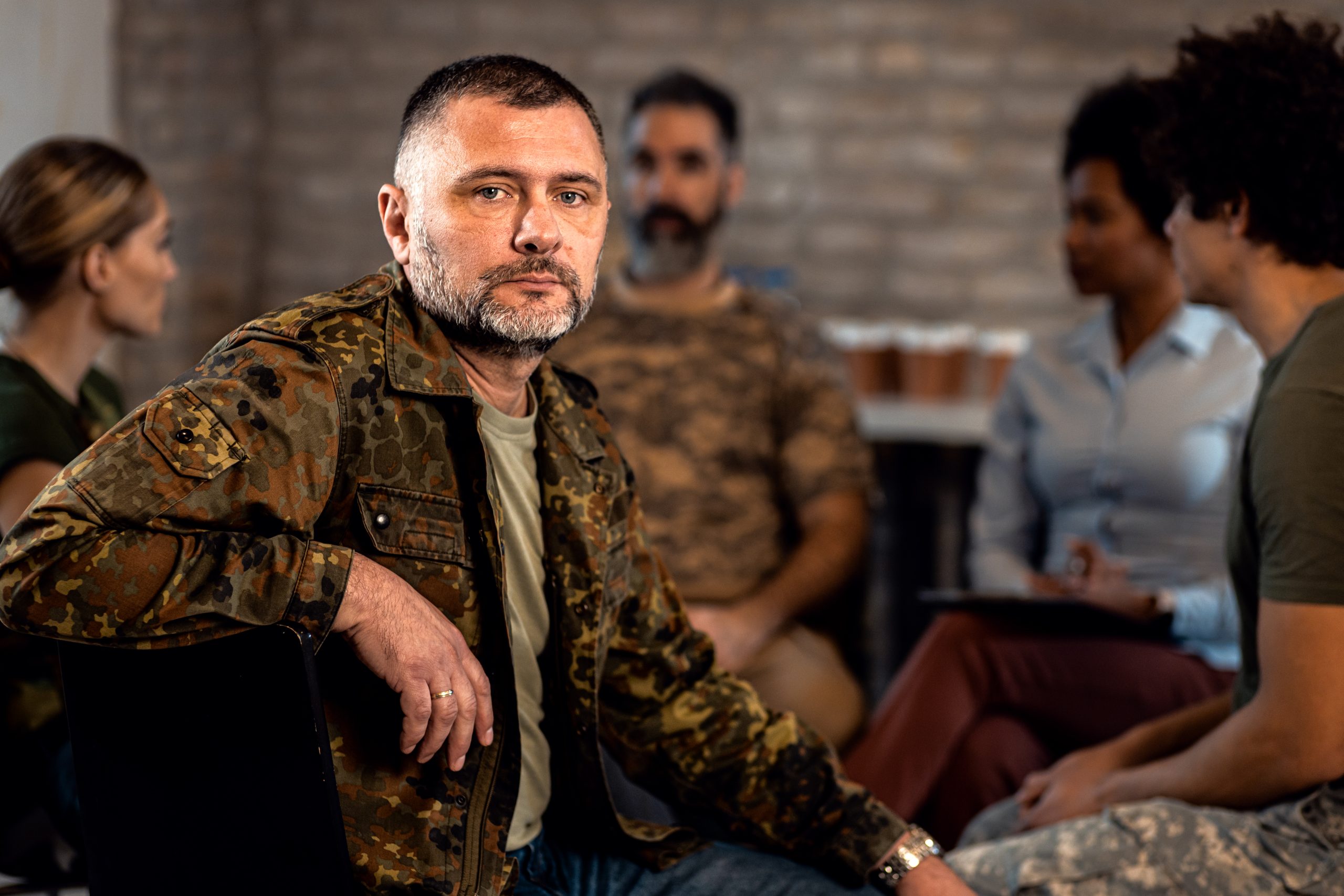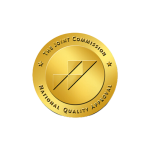What You'll Learn:
- Examining the deep-seated link between veterans and addiction.
- Dissecting the multifaceted challenges that lead to substance abuse post-service.
- Highlighting specialized treatment avenues available for veterans.
- The collective responsibility of society is to support our heroes.
The Silent Battle Beyond the Battlefield
In the heart of our nation's legacy lie the brave men and women of the armed forces. Their valor on the battlefield is celebrated, but often, a quiet battle rages on within them after service: the struggle with addiction. It’s imperative that we bring this issue to the forefront, shining a light on the shadows of post-service challenges and addiction.The Underlying Issues
Understanding the intricacies of why many veterans gravitate towards substance use requires a comprehensive look at their service tenure and post-service transition.- Physical Pain and Opioids: Many veterans suffer from chronic pain resulting from injuries sustained during their service. This often leads to prolonged prescription medication use, especially opioids, making veterans more susceptible to developing an addiction.
- Emotional and Psychological Trauma: Combat zones expose military personnel to scenes and decisions most of us cannot fathom. Such experiences can result in PTSD, anxiety, and depression. To numb these overwhelming emotions, some veterans turn to drugs or alcohol or even transfer addiction.
- The Reintegration Challenge: Shifting from regimented military routines to civilian life is not seamless. This period of transition, laden with the challenge of finding employment or relating to family and friends who can't fully understand their experiences, can be exceptionally disorienting.
Veterans and Addiction Statistics
Data offers a clearer picture. Alcohol and drug misuse rates among veterans significantly overshadow those in the civilian population. Particularly concerning is the rise in Vietnam veterans' drug addiction cases, suggesting that even decades after service, the battle with addiction remains relentless for many.- 70% of veterans struggled with alcohol use in 2020.
- Those with multiple deployments and exposure to direct combat have a higher risk of developing substance abuse issues.


